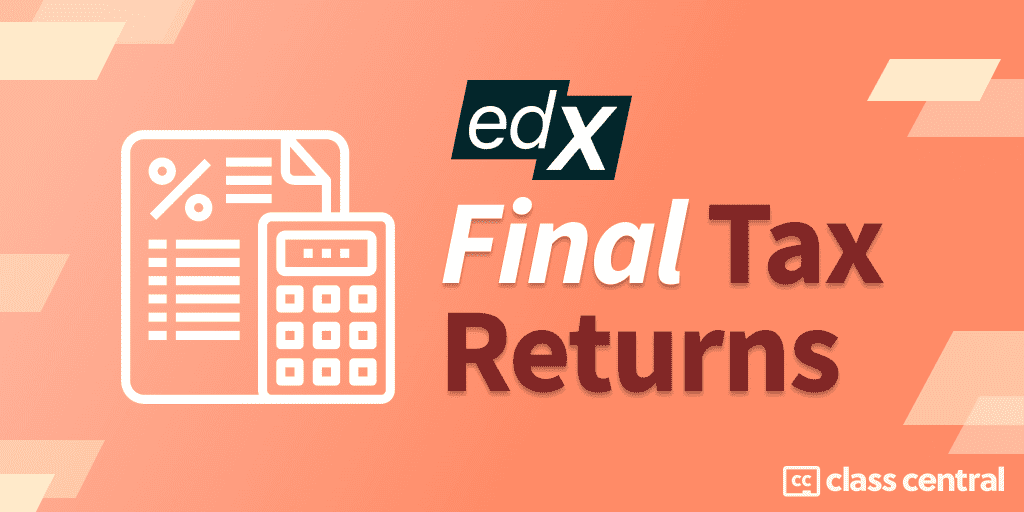Exploring edX’s “Final” Tax Returns: Revenue Surges, Losses Mount, and Contributions Decline
Analyzing edX’s latest tax returns offers valuable insights and context for its acquisition motivations.
I have been eagerly anticipating this moment for quite some time now: the release of edX’s tax returns by the IRS for the fiscal year ending in June 2021. Eventually, I plan to conduct an in-depth analysis of edX’s tax returns, just as I did for Coursera, Udemy, and Khan Academy. However, for now, let’s take a quick look at its last full fiscal year as an independent nonprofit.
I refer to it as the “final” year because edX made a significant announcement in June 2021. They revealed that 2U would be acquiring edX for a staggering $800 million, which meant that edX would no longer operate as a nonprofit organization. A new “nonprofit” entity was said to be formed: “2U will transfer $800 million to a nonprofit organization, also led by MIT and Harvard, to explore the next generation of online education.” The acquisition was formally completed later in 2021.
Interestingly, there was no actual creation of a new nonprofit. Instead, the original edX nonprofit underwent a temporary renaming as “The Center for Reimagining Learning.” However, just last month, we finally discovered its permanent name: Axim Collaborative, along with the appointment of a new CEO.
The FY2021 tax returns also provide some hints as to why edX was seeking a buyer: revenue increased (possibly temporarily) due to the pandemic, but expenses grew even faster, while contributions and grants declined to zero.
EdX’s 2021 in Numbers
| FY2021 | FY2020 | |
| Revenue | $97.5M | $84.7M |
| Expenses | $131.9M | $101.8M |
| Program Services | $95.3M | $71.8M |
| Contributions and Grants | $1.9M | $11.4M |
| Losses | -$34.4M | -$17.2M |
| Royalties | $46.4M | $38.6M |
| Certificate Revenue | $86.7M | $67.8M |
| Tution | $7.7M | $3.0M |
In 2021, edX reported a total revenue of $97.5 million, which is an increase compared to the previous year when their revenue was $84.7 million. But edX expenses grew even faster from $101.8M to $131.9M, resulting in a record loss of $34.4M
EdX’s revenue can be divided into two main categories: “Program Services” and “Contributions and grants.” Program Services include revenues generated from certificate sales and tuition earnings from degrees. Both segments experienced strong growth in 2021. Certificate revenues increased by 30%, going from $67.8 million to $86.7 million, while tuition revenues more than doubled, reaching $7.7 million.
On the other hand, Contributions and Grants declined from $11.4 million in FY2020 to $1.9 million in FY2021. This already represents a substantial decrease compared to the $26.9 million reported in 2019.
The surge in revenue may be primarily attributed to the pandemic and might not be sustainable in the long term. According to 2U’s 2022 annual report, the revenue for the year ended December 31, 2022 includes $39.2 million from legacy edX offerings. Additionally, MIT and Harvard may be hesitant to continue funding edX, leading the organization to seek a buyer.
EdX’s major expenses can be categorized into royalties and compensation/salaries. Royalties refer to the portion of revenues paid to edX’s partners, which increased from $38.6 million to $46.4 million in 2021. Salaries, other forms of compensation, and employee benefits also rose from $39.6 million to $44.3 million.
Executive compensation reached a record high due to bonuses. For example, Anant Agrawal, the CEO of edX, saw his total compensation increase from $850,000 to $1 million compared to the previous year. Similarly, Adam Medros (previously announced as co-CEO by edX) experienced an increase in compensation from $600,000 to $700,000.







